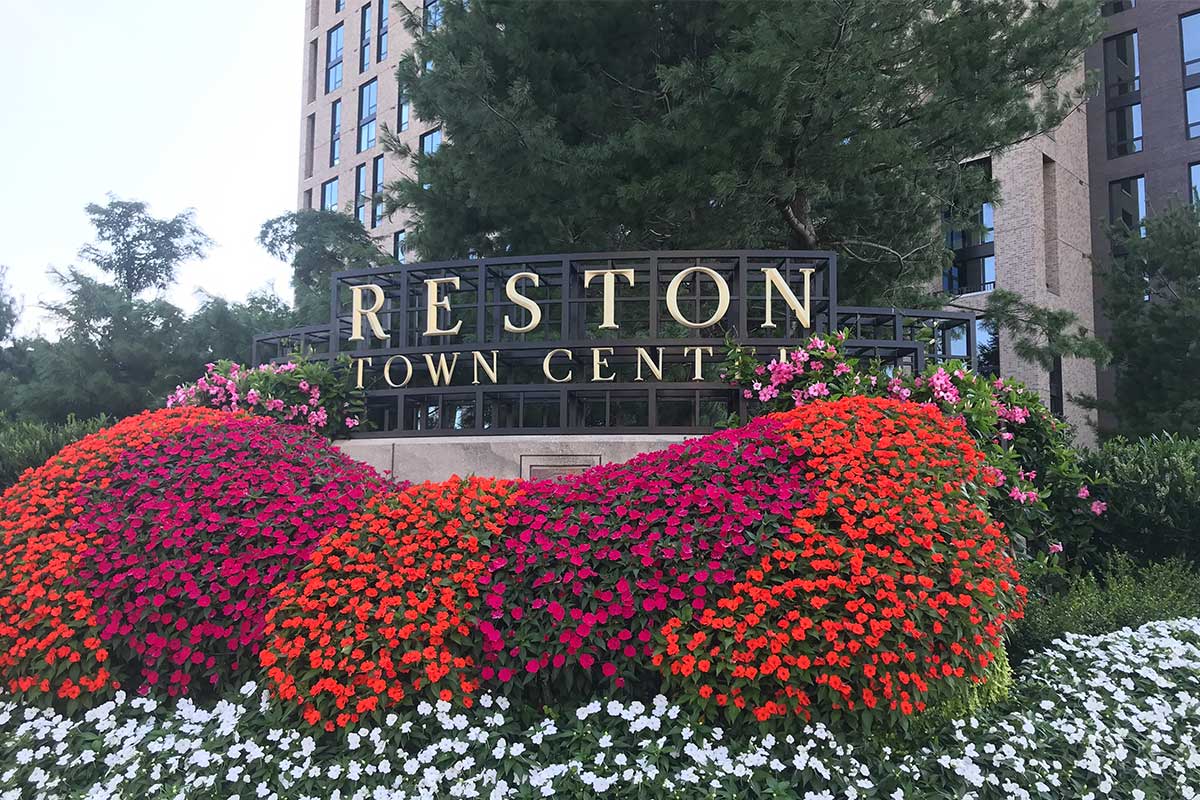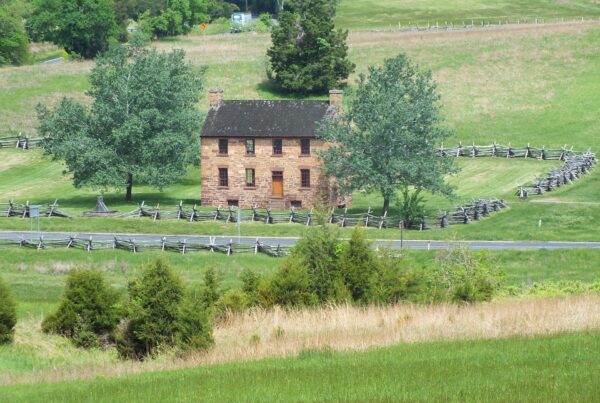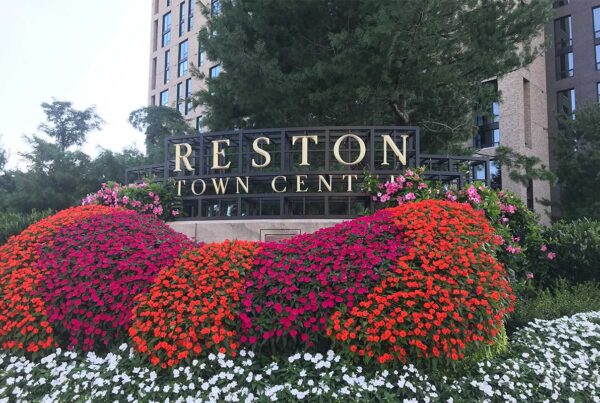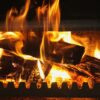Decoding the Enigma of Chimney Odors in Reston, VA
A cozy fireplace can be one of the most treasured elements of your home. But when your chimney starts emitting unpleasant odors, it can quickly turn your relaxed ambiance into a less than desirable experience. This problem is not limited to Reston, VA, but it’s something homeowners here frequently deal with. Let’s delve into deciphering the mystery behind these chimney odors and how professional services like A&T Chimney Sweeps can help.
Chimney odors are typically a sign of an underlying issue that needs to be addressed. They can be triggered by a variety of factors, including creosote buildup, animal intrusion, moisture problems, and negative air pressure in the home.
Creosote Buildup – The Silent Culprit
Creosote is a black or brown residue that sticks to the inner walls of your chimney. It is a byproduct of burning wood and can accumulate over time, particularly if your firewood is not properly seasoned. Creosote buildup not only poses a fire hazard but also produces a pungent odor, especially during the humid summer months.
Animal Intrusion – Unwanted Guests
Animals like birds, squirrels, or raccoons can sometimes find their way into chimneys, considering them safe places to nest. When these animals die inside the chimney, they decompose, resulting in a foul smell. Even their droppings can create an unpleasant odor.
Moisture Problems – The Hidden Enemy
Moisture is another common cause of chimney odors. When water seeps into your chimney, it can mix with the creosote and other materials, producing a musty odor. Additionally, it can lead to mold growth, which contributes to the unpleasant smell and can also harm your health.
Negative Air Pressure – The Invisible Factor
Negative air pressure in your home can draw air from the chimney into the living spaces, bringing along any odors. This usually occurs when the house is tightly sealed, and the air can’t flow freely.
Addressing Chimney Odors
The first step in addressing chimney odors is identifying the source of the problem. Once you’ve determined that, you can take appropriate action. Regular chimney inspections and cleaning can help prevent and eliminate most odor issues. It’s recommended to have your chimney inspected at least once a year, ideally before the heating season starts.
Creosote buildup can be removed with a professional chimney sweep, while caps or screens can be installed to prevent animal intrusion. If moisture is the problem, a chimney professional can recommend the best course of action, such as installing a chimney cap or waterproofing the exterior.
For homeowners in Reston, VA, who are dealing with chimney odors, A&T Chimney Sweeps fireplace, furnace, dryer vent, gutter cleaning, and repair services can be an excellent solution. Their team of experienced professionals can diagnose and address a wide range of chimney issues, helping to eliminate unpleasant odors and keep your chimney functioning optimally.
FAQs
Q: How often should I have my chimney swept?
A: It’s recommended to have your chimney swept at least once a year, ideally before the heating season starts. However, if you use your fireplace frequently, you may need to have it swept more often.
Q: Can I clean my chimney myself?
A: While it’s possible to clean your chimney yourself, it’s usually best to leave this task to a professional. Chimney cleaning can be a messy and potentially dangerous job, and without the right tools and knowledge, you may not be able to remove all the buildup effectively.
Q: What can I do to prevent animals from entering my chimney?
A: The best way to prevent animals from entering your chimney is to install a chimney cap or screen. This not only keeps animals out but also prevents water and debris from entering your chimney.
Q: How can I tell if there’s a problem with my chimney?
A: Some common signs of chimney problems include visible creosote buildup, a strong odor coming from the chimney, smoke entering your home when you use the fireplace, and water damage around the chimney. If you notice any of these signs, it’s best to call a professional chimney service as soon as possible.
In conclusion, while chimney odors can be troubling, they’re usually a sign of a problem that can be addressed. Regular maintenance and timely repairs can help keep your chimney odor-free, ensuring you can enjoy your fireplace without any unpleasant surprises.








